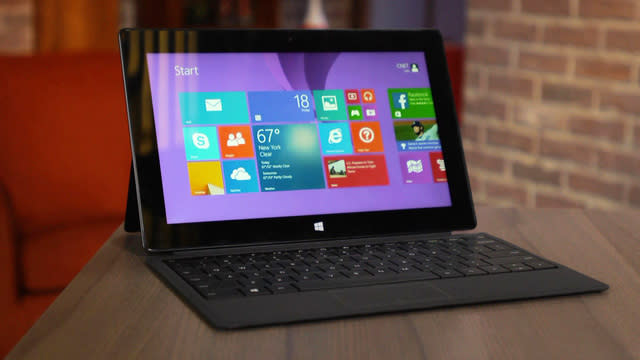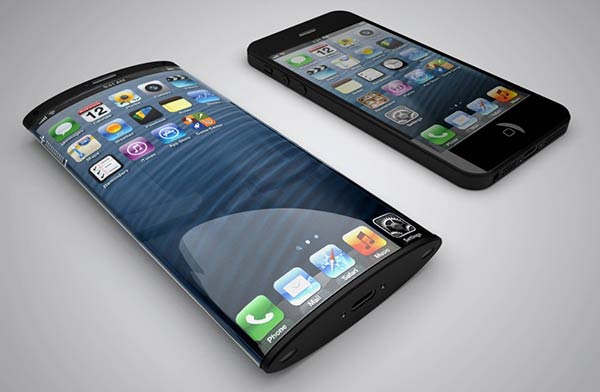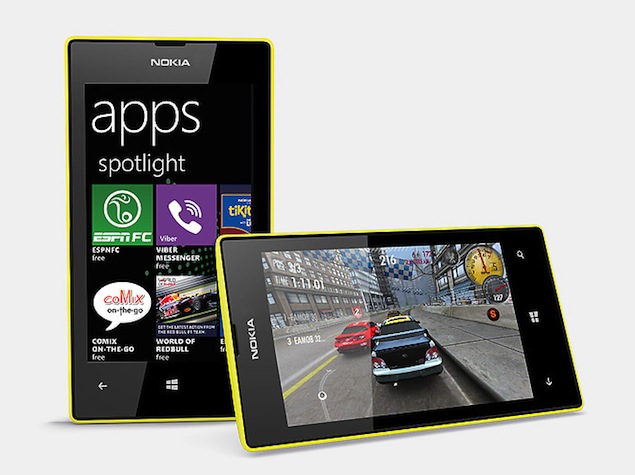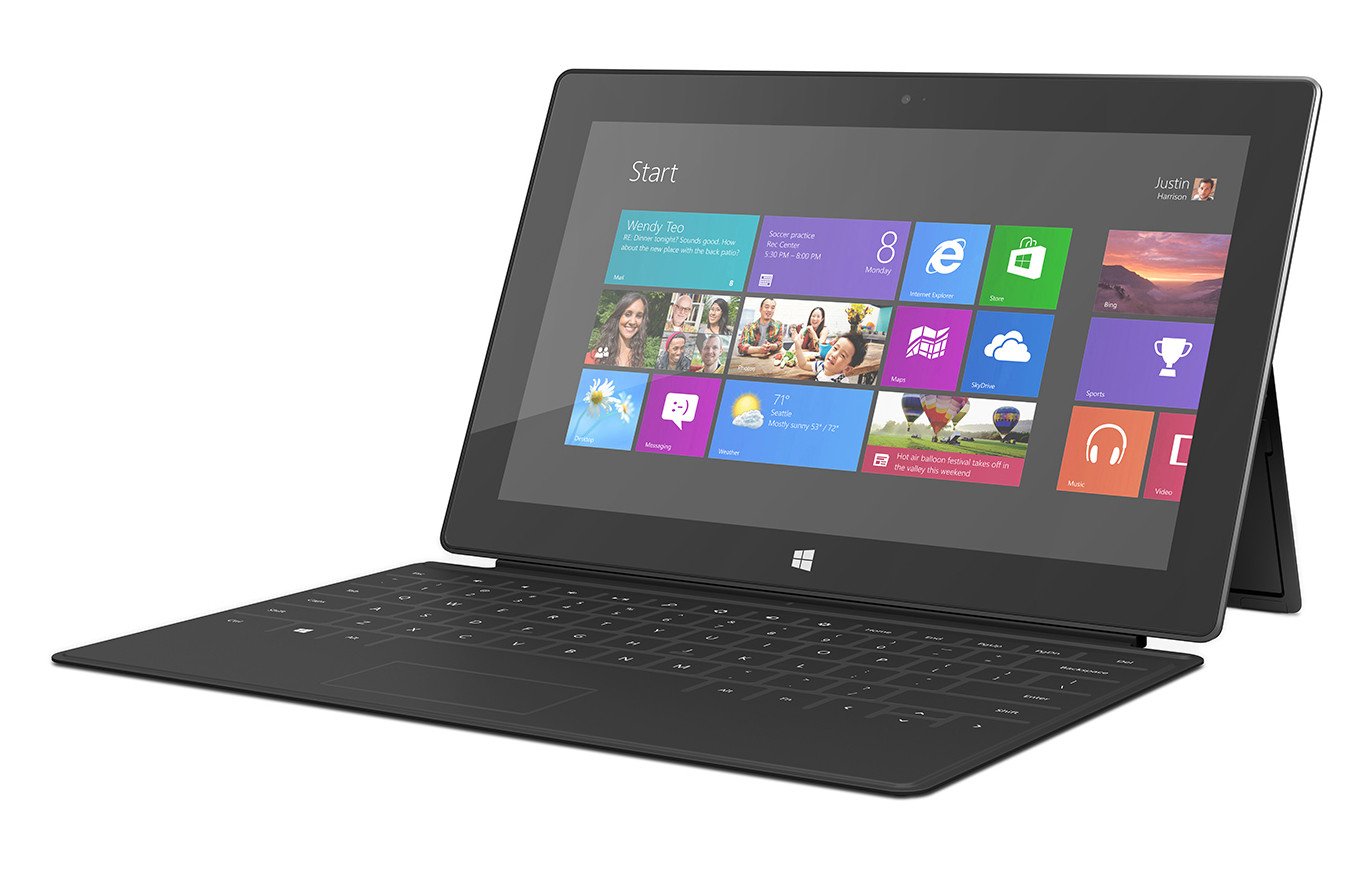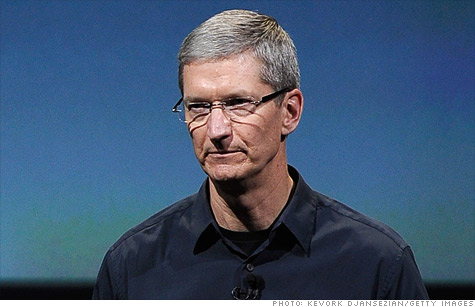Those looking for security and privacy with your device, then you would have come across the BlackPhone as one of the most secure devices out there. This joint venture between encryption specialists Silent Circle and GeeksPhone is for the security-conscious consumer that is keen to keep their personal content and conversations, to just that, personal.
I've lived with the BlackPhone as my device for a few weeks now and can give a fair assessment on what it's like to use such a security conscious device on a daily basis. In many ways, this is a tricky review. Nothing compares to the software of the BlackPhone - by far the USP of the device - and it seems unfair to compare the device on hardware alone, but let's give it a go anyway.
First Impressions
 The BlackPhone packaging and appearance unsurprisingly echoes the name; it's dark, moody and secretive. The phone design revolves around a clean fingerprint (that's what it looks like to me) which reinforces the secure nature of the device.
The BlackPhone packaging and appearance unsurprisingly echoes the name; it's dark, moody and secretive. The phone design revolves around a clean fingerprint (that's what it looks like to me) which reinforces the secure nature of the device.
When using the BlackPhone, you have elements of that joy of returning to an old Nokia. It's a phone that texts and calls as it's primary function, it's weighs barely anything and you can hold the phone in one hand which is almost a novelty in this day-and-age. But after the novelty wears off, you notice that the plastic-shelled hardware hasn't been a priority and by all accounts looks pretty ordinary. Is this such a bad thing? I guess it's fitting of the discreet intentions of the phone in being unlikely to attract attention.
The Technical Stuff
The battery is of an adequate capacity and will last for over a day of moderate use, much in line with other smartphones. This is supported by NVIDIA's quad-core, 2GZ processor which is effective, but the 1GB of RAM is a little disappointing in power levels. This is noticeable in occasional lag, particularly on the screen unlock which was a frustration for me. That being said, it rarely affects your other usage of the phone. You've got 16GB of storage to play with, and the option of an additional 128GB of extra storage through the microSD slot.
The Everyday
As previously mentioned, the phone is a very comfortable size and weight to live with. It's incredibly lightweight and will easily fit into a pocket when moving around.
The basic functions of a phone are all present and effectively executed. The security of the phone does affect some of those basic smartphone functions such as searching online as understandably the browser doesn't provide search suggestions, but you get used to this. As outlined below, the updated PrivatOS software doesn't only match other Android interpretations, in some ways it outstrips them. I'll explain more in the software section.
The camera is efficient but not outstanding. The 5MP lens will capture the day-to-day images fine, but in low-light it begins to struggle. It's basic though, and doesn't offer stock options like panoramic mode or burst-shot. Video is similar but be warned that the video audio isn't the best.
The music software matches the camera. It does the job without being spectacular. Sound quality is in line with cheaper phones on the market with good clarity but lacking bass.
As I'll explain the reasoning for later, you'll find that some of your favourite apps are incompatible, gaming apps in particular are sometimes problematic. The main apps (email, social networks, whatsapp etc) all function well though so don't panic.
So in everyday usage, the BlackPhone will get you through just fine. The essentials are there and will operate well. The security of the device naturally means that you will need to sacrifice certain things, but if you want security, it comes in the place of convenience.
Software - UPDATED
The theme of Privat 1.0 was security over convenience. Silent Circle's PrivatOS is based on Android 4.4.2 but different to the likes of HTC and Samsung who add to Android, BlackPhone removes almost every element. No syncing, no Play Store and no maps. Taking everything away gives BlackPhone the control, and that's the purpose of the device, but equally this was the problem in that the phone wasn't convenient to use.
Halfway through my testing of the device however, Silent Circle released Privat 1.1 and, without being over-dramatic, the BlackPhone is now an entirely different prospect.
The Privat 1.1 update has created multiple partitions of the
 phone - secure and personal. Switching between the two is easy and can be done through the notification bar or the lock-screen. These partitions are known as 'Spaces' and have transformed the phone. The BlackPhone is now two devices in one; in simple terms, one is security conscious, and one is your everyday Android phone. As BlackPhone say, one device is now 'many virtual devices'.
phone - secure and personal. Switching between the two is easy and can be done through the notification bar or the lock-screen. These partitions are known as 'Spaces' and have transformed the phone. The BlackPhone is now two devices in one; in simple terms, one is security conscious, and one is your everyday Android phone. As BlackPhone say, one device is now 'many virtual devices'.
You may think of switching between profiles and themes in two partitions, but the BlackPhone doesn't stop there. The 'Spaces' are entirely separated. Photos, accounts, all information is separated. When going to the secure 'Space' you have to enter your pass code, but the personal Space doesn't need to be password protected. Further to this, you can add a further Space too. Alongside the pre-installed 'Silent Space' focused on security, users can add Spaces for work, personal or child friendly. It's up to the user.
The update also included Silent Circle's world's first privacy-focused app store, titled 'Silent Store'. The USP of the store is that it 'brings permissions clearly to the forefront, stating everything in plain language so that you can decide the inherent value of any application with the full scope of information.' Basically, no more unknown T&Cs or signing away permissions, you will be in control. The obvious downside to this is that the Silent Store doesn't support all apps, yet the essentials are still there.
 With the Silent Space, the basic set of apps are two-fold, the Silent Circle apps and the third-party apps.
With the Silent Space, the basic set of apps are two-fold, the Silent Circle apps and the third-party apps.
Silent Circle software fortunately is very, very good. The apps are clean, slick and effective. It's a secure set-up where you have to unlock them each time they're switched on. What can you do on Silent Circle? Make calls, texts and run an contacts book. Security-wise, the calls are encrypted and the messages can be burnt from both devices on time-codes. Both users MUST have Silent Circle software, but you can provide Silent Circle to non-BlackPhone users for a $10 annual subscription. When you buy the phone you get this for free, plus one for a friend.
One of the main BlackPhone features is their Security Centre. This manages details of permissions for each and every app to most finite detail. Alongside this, there are three main third party apps:
If you're interested in the BlackPhone, the next section will be the real attention-grabber as you've probably not blown away by the hardware on the BlackPhone, and to be honest, you shouldn't be. The real differentiating factor for the BlackPhone is in the software and this is where it begins to show-off its true secure and secret colours.
The problem - I had written up a full review of the BlackPhone software running Privat 1.0 but I've had to tear that up.
The problem - I had written up a full review of the BlackPhone software running Privat 1.0 but I've had to tear that up.
The theme of Privat 1.0 was security over convenience. Silent Circle's PrivatOS is based on Android 4.4.2 but different to the likes of HTC and Samsung who add to Android, BlackPhone removes almost every element. No syncing, no Play Store and no maps. Taking everything away gives BlackPhone the control, and that's the purpose of the device, but equally this was the problem in that the phone wasn't convenient to use.
Halfway through my testing of the device however, Silent Circle released Privat 1.1 and, without being over-dramatic, the BlackPhone is now an entirely different prospect.
The Privat 1.1 update has created multiple partitions of the
 phone - secure and personal. Switching between the two is easy and can be done through the notification bar or the lock-screen. These partitions are known as 'Spaces' and have transformed the phone. The BlackPhone is now two devices in one; in simple terms, one is security conscious, and one is your everyday Android phone. As BlackPhone say, one device is now 'many virtual devices'.
phone - secure and personal. Switching between the two is easy and can be done through the notification bar or the lock-screen. These partitions are known as 'Spaces' and have transformed the phone. The BlackPhone is now two devices in one; in simple terms, one is security conscious, and one is your everyday Android phone. As BlackPhone say, one device is now 'many virtual devices'.You may think of switching between profiles and themes in two partitions, but the BlackPhone doesn't stop there. The 'Spaces' are entirely separated. Photos, accounts, all information is separated. When going to the secure 'Space' you have to enter your pass code, but the personal Space doesn't need to be password protected. Further to this, you can add a further Space too. Alongside the pre-installed 'Silent Space' focused on security, users can add Spaces for work, personal or child friendly. It's up to the user.
The update also included Silent Circle's world's first privacy-focused app store, titled 'Silent Store'. The USP of the store is that it 'brings permissions clearly to the forefront, stating everything in plain language so that you can decide the inherent value of any application with the full scope of information.' Basically, no more unknown T&Cs or signing away permissions, you will be in control. The obvious downside to this is that the Silent Store doesn't support all apps, yet the essentials are still there.
 With the Silent Space, the basic set of apps are two-fold, the Silent Circle apps and the third-party apps.
With the Silent Space, the basic set of apps are two-fold, the Silent Circle apps and the third-party apps.Silent Circle software fortunately is very, very good. The apps are clean, slick and effective. It's a secure set-up where you have to unlock them each time they're switched on. What can you do on Silent Circle? Make calls, texts and run an contacts book. Security-wise, the calls are encrypted and the messages can be burnt from both devices on time-codes. Both users MUST have Silent Circle software, but you can provide Silent Circle to non-BlackPhone users for a $10 annual subscription. When you buy the phone you get this for free, plus one for a friend.
One of the main BlackPhone features is their Security Centre. This manages details of permissions for each and every app to most finite detail. Alongside this, there are three main third party apps:
- Disconnect: Secures unsecure WiFi through a VPN and provides anonymous web browsing
- SpiderOak: Secure cloud storage that can be shared with a contact
- Kisnet WiFi Manager: Disconnects from WiFi when it's an untrusted network
Currently the software setup is a little confusing and alongside the app setups, it is not user-friendly process. From that perspective, the phone feels slightly incomplete, and not favourable to an everyday user. If you're not especially tech-savvy, the software set-up might bemuse. There's certainly room for improvement from Silent Circle in supporting customers in making the set-up and tutoring a little more convenient. There's no doubt however that Silent Circle have made significant progress on this with the PrivatOS 1.1 update and will look to continue doing so.
Cost
Placed right in the territory of flagship devices, the BlackPhone costs in excess of £500, but it would be unfair to compare the two. The BlackPhone offers plenty of value for that money, but it is absolutely for a certain audience.
Placed right in the territory of flagship devices, the BlackPhone costs in excess of £500, but it would be unfair to compare the two. The BlackPhone offers plenty of value for that money, but it is absolutely for a certain audience.
Part of me feels surprised by the hardware flaws, and even the price. In my eyes, Silent Circle could charge what they want for the BlackPhone. It's targeted to people that want to secure their information, and if you are that keen to secure your information, then you'll pay the money to do so. I think BlackPhone could have charged more the phone and upgraded the hardware to make a flagship-challenging device in look, feel and usage.
Overview
In my first review, I would have said that if you need the security and privacy guarantees with your phone, then you pay the money for the BlackPhone. If you're not that bothered about security and privacy then this phone isn't for you. That was before PivatOS 1.1.
I've never known a software update to have such a dramatic effect on a device. It's not perfect, but it's a drastic improvement. I wouldn't have felt comfortable using the BlackPhone on a day-to-day basis because it didn't support all the apps and usability I desire with a phone. The camera is so-so, the apps are a frustration and I enjoy the convenience that comes with apps tracking my information. With the 1.1 update, these issues haven't been resolved in their entirety but steps have been made to change this and now this phone can be aimed more at the mass-audience.
Overview
In my first review, I would have said that if you need the security and privacy guarantees with your phone, then you pay the money for the BlackPhone. If you're not that bothered about security and privacy then this phone isn't for you. That was before PivatOS 1.1.
I've never known a software update to have such a dramatic effect on a device. It's not perfect, but it's a drastic improvement. I wouldn't have felt comfortable using the BlackPhone on a day-to-day basis because it didn't support all the apps and usability I desire with a phone. The camera is so-so, the apps are a frustration and I enjoy the convenience that comes with apps tracking my information. With the 1.1 update, these issues haven't been resolved in their entirety but steps have been made to change this and now this phone can be aimed more at the mass-audience.
BlackPhone never intended to build a phone for convenience. They were tasked with building a phone of purpose and they've done a brilliant job in achieving that. The latest step is to provide enough convenience for users wanting a regular phone with a secure state. I still harbour frustrations with the hardware as BlackPhone definitely could have charged more and allowed the phone to pack more power in the punch, but it's still capable.
I'm not a security conscious person, and I value the convenience of Google and my ever-syncing social networks so it's not quite phone for me. However, BlackPhone isn't targeting me, and it's not there for convenience. It's a locked-down secure device with subsidised access to the some of the best software out there. To be the best security-focused phone out there, that's all you can ask.
To find out more about getting your hands on the BlackPhone, contact the guys over at fonehouse. They're running live demos in London. Click here for the store location.
To find out more about getting your hands on the BlackPhone, contact the guys over at fonehouse. They're running live demos in London. Click here for the store location.









